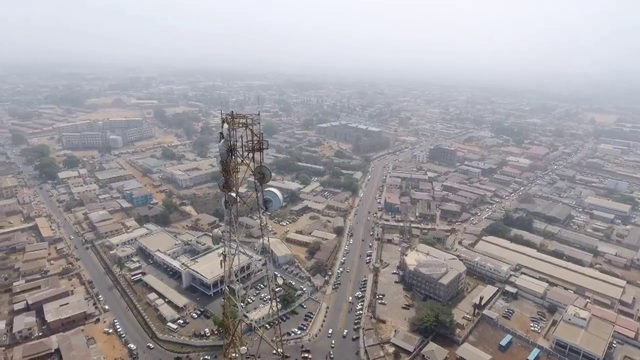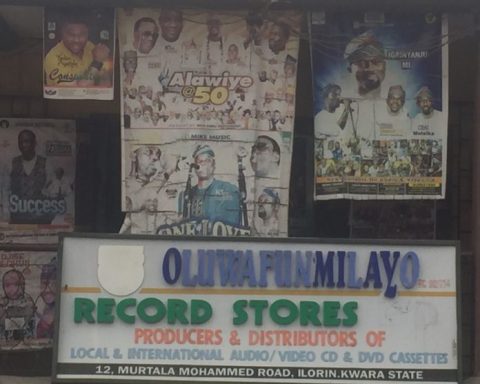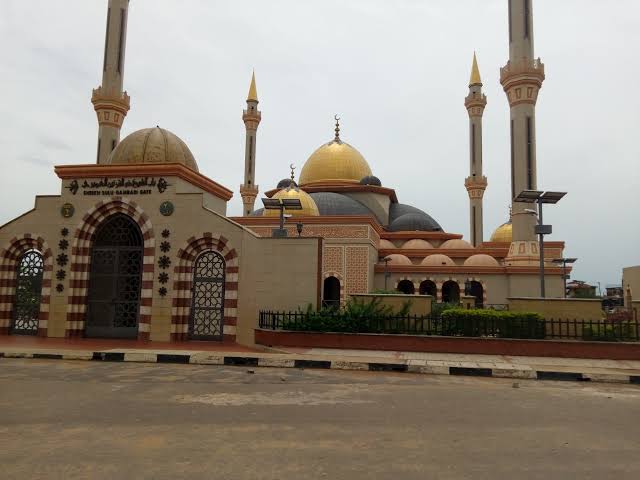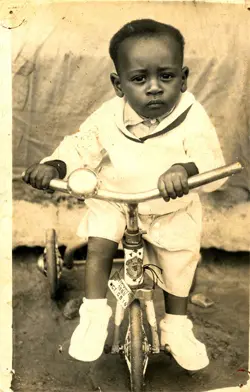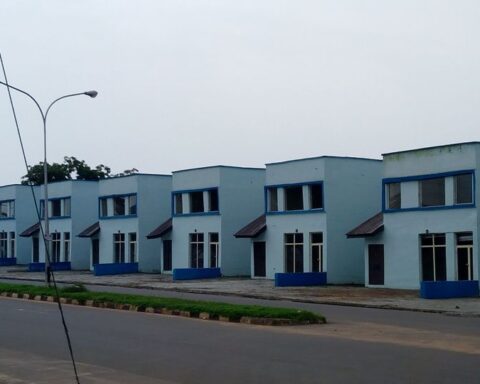I returned to Ilorin on Monday, this week. My reason is to take in the spiritual and cultural ambience of the city of my birth, during this Holy month of Ramadhan.
This is one of my favourite times of the year and the incurable traveller that I am (a Fullo carries the gene of travel!), every year during Ramadhan, I return home for a few days. It is a whole process that is wired into my memory.
The long days of fasting; the Sahur (early morning meals which I sadly don’t eat now); Tafsir sessions in mosques; long hours of devoted recitations of the Qur’an; those nightly Waazi (night time preachments) and the unending hours of cooking and preparations for Iftar(the break of fast) by our mothers! I think it was the incredible energy displayed by women during Ramadhan, that first conscientized me to the place of women in our society. Much later in life, I would become familiar with Marxist and feminist literature on the exploitation of women.
But I was talking about the spiritual and culture ambience of Ramadhan; and as a growing child, there were plays and simulations unique to this time of the year.
We constructed mini-mosques; attempted to copy our fathers/uncles who were Islamic scholars to preach too in those replica mosques, which used to be elaborate works of art wearing amazing colours and dotting neighbourhoods of the city.
There was an unspoken competition amongst young people to construct the most elaborate of those mosques. And I think the most fabulous was a game (EPA OKUTA), which employed a stone-like bean of many colour descriptions and which taught children basic strategy.
The game is no longer part of childhood today, what with the disjointed modernity. The same bean was also ground into a paste to prepare a delicacy of Ilorin, KANGU, that is sadly disappearing from the diet of most families today. I still love it and before my mother’s death, she would purchase and send to me in Abuja. And because it lasts for weeks, I would refrigerate and eat over and over!
The story was that as a growing kid, I cried through a night insisting that my mum got KANGU or nobody was going to sleep. And they did not! So early the following morning, one of my great aunts, who sold the delicacy, over-supplied me the stuff, sat by me with a cane and insisted that I finished the whole lot! It cured me of that longing for months and I didn’t disturb their nights henceforth!.
Those spiritual and cultural tapestries conditioned the individual that I became, because so early in life, we were made aware of the traditions of scholarship, spirituality and power that we came out of and consciously, we learnt that we had to be touch bearers of our traditions into the future.
It is that deeply felt realisation and an appreciation of the heritage of scholarship and spirituality of my Fulbe ancestors that makes me cherish this return to source annually during Ramadhan. I take in as much of our communal ethos as possible; not forgetting to appreciate the changes that time and modernity have wrought on the community.
If we wait long enough, of course, everything changes. But I never lose the longing to reconnect with the living heritage of scholarship and spirituality of this homestead.

